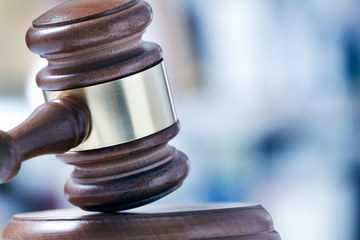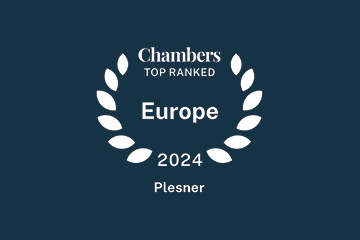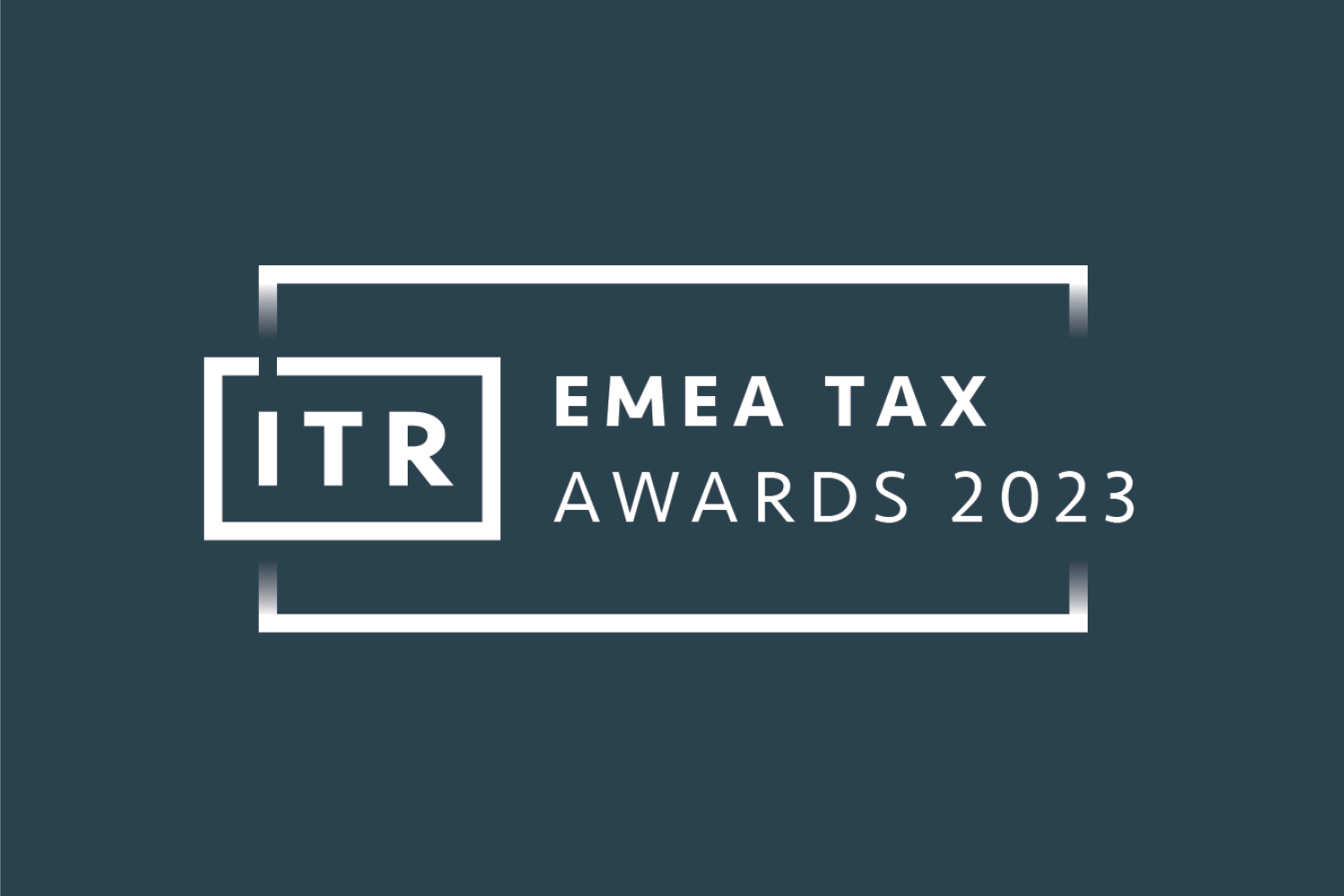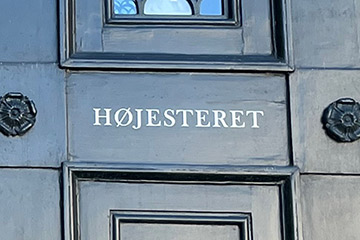Upper secondary schools save millions in consequence of case about property tax of general public importance
14 January 2016
The Danish Western High Court established in a judgment of 8 January 2016 that the City of Aarhus is not entitled to impose so-called service charges on properties owned by upper secondary schools in Aarhus. The case is of general public importance, which means that public upper secondary schools in Denmark are not to pay service charges. Overall, the result is a significant amount running into millions annually that was otherwise to be taken from the education budgets. Plesner conducted the case on behalf of the seven upper secondary schools in Aarhus.
Seven public secondary schools in the City of Aarhus were successful in a legal action as the High Court ruled that their properties are not to be deemed to belong to the Danish state. The seven upper secondary schools are Århus Statsgymnasium, Langkær Gymnasium, Aarhus Katedralskole, Risskov Gymnasium, Århus Akademi, Marselisborg Gymnasium and Egaa Gymnasium.
The municipalities may impose two different types of tax on property; land tax and service charges. Properties "belonging to the Danish state" are exempt from land tax, but service charges may be imposed. Service charges cannot be imposed on properties that are "schools".
In connection with the local government reform the public upper secondary schools were transformed into self-governing institutions from 1 January 2007. From such date the state took over the ownership of the properties used by the upper secondary schools and which had so far been owned by the counties. Three years later, 1 January 2010, the state sold the properties to the upper secondary schools.
The statutory framework applying to the public upper secondary schools refers to the upper secondary schools as "state self-governing institutions" and some other self-governing institutions with a certain connection to the state have been deemed to be state institutions in other connections. This is especially why the City of Aarhus has continued to impose property service charges on the properties after the upper secondary schools had taken over the ownership of the properties.
The main issue of the case was therefore firstly whether as institutions the upper secondary schools must be deemed to be a part of the state after the transition from county institutions to self-governing institutions in 2007 and secondly whether the properties as such must be deemed to still be owned by the state after the transfers in 2010.
In the judgment the Western High Court takes into account that it is stipulated directly in the statutory framework applying to the public upper secondary schools' specific private property that the upper secondary schools are independent and protected against the state under section 73 of the Danish Constitution and that the private property is in accordance with the private property of similar educational establishments whose properties do definitely not belong to the state. It means that the High Court found that the public upper secondary schools have an "independent and autonomous right to deal with and exercise control over its own funds without the state's interference."
As for the actual properties, the High Court takes into account that the upper secondary schools purchased the properties from the state by using their own funds and in that connection received general ownership rights to the properties, including the right to mortgage or sell the properties (rights that the state gave as consideration).
Finally, the High Court refers to the practice followed by a majority of the Danish municipalities. During the legal proceedings the upper secondary schools uncovered that both the Danish Ministry for Education, the Danish Ministry of the Interior and the Danish Ministry of Finance and the majority of Denmark's other municipalities interpreted governing law the same way as the upper secondary schools do.
KL (a Danish professional organisation for the municipalities in Denmark) intervened in the proceedings as a non-party in support of the City of Aarhus.
As the case was about the principal determination of the state of the law, it means that Danish public upper secondary schools are not to pay service charges. Overall, the result is an amount in the region of DKK 100m annually that would otherwise have to be taken from the education budgets.
Attorney Svend Erik Holm and Attorney Thomas Gønge conducted the case on behalf of the upper secondary schools in Aarhus.
The municipalities may impose two different types of tax on property; land tax and service charges. Properties "belonging to the Danish state" are exempt from land tax, but service charges may be imposed. Service charges cannot be imposed on properties that are "schools".
In connection with the local government reform the public upper secondary schools were transformed into self-governing institutions from 1 January 2007. From such date the state took over the ownership of the properties used by the upper secondary schools and which had so far been owned by the counties. Three years later, 1 January 2010, the state sold the properties to the upper secondary schools.
The statutory framework applying to the public upper secondary schools refers to the upper secondary schools as "state self-governing institutions" and some other self-governing institutions with a certain connection to the state have been deemed to be state institutions in other connections. This is especially why the City of Aarhus has continued to impose property service charges on the properties after the upper secondary schools had taken over the ownership of the properties.
The main issue of the case was therefore firstly whether as institutions the upper secondary schools must be deemed to be a part of the state after the transition from county institutions to self-governing institutions in 2007 and secondly whether the properties as such must be deemed to still be owned by the state after the transfers in 2010.
In the judgment the Western High Court takes into account that it is stipulated directly in the statutory framework applying to the public upper secondary schools' specific private property that the upper secondary schools are independent and protected against the state under section 73 of the Danish Constitution and that the private property is in accordance with the private property of similar educational establishments whose properties do definitely not belong to the state. It means that the High Court found that the public upper secondary schools have an "independent and autonomous right to deal with and exercise control over its own funds without the state's interference."
As for the actual properties, the High Court takes into account that the upper secondary schools purchased the properties from the state by using their own funds and in that connection received general ownership rights to the properties, including the right to mortgage or sell the properties (rights that the state gave as consideration).
Finally, the High Court refers to the practice followed by a majority of the Danish municipalities. During the legal proceedings the upper secondary schools uncovered that both the Danish Ministry for Education, the Danish Ministry of the Interior and the Danish Ministry of Finance and the majority of Denmark's other municipalities interpreted governing law the same way as the upper secondary schools do.
KL (a Danish professional organisation for the municipalities in Denmark) intervened in the proceedings as a non-party in support of the City of Aarhus.
As the case was about the principal determination of the state of the law, it means that Danish public upper secondary schools are not to pay service charges. Overall, the result is an amount in the region of DKK 100m annually that would otherwise have to be taken from the education budgets.
Attorney Svend Erik Holm and Attorney Thomas Gønge conducted the case on behalf of the upper secondary schools in Aarhus.







